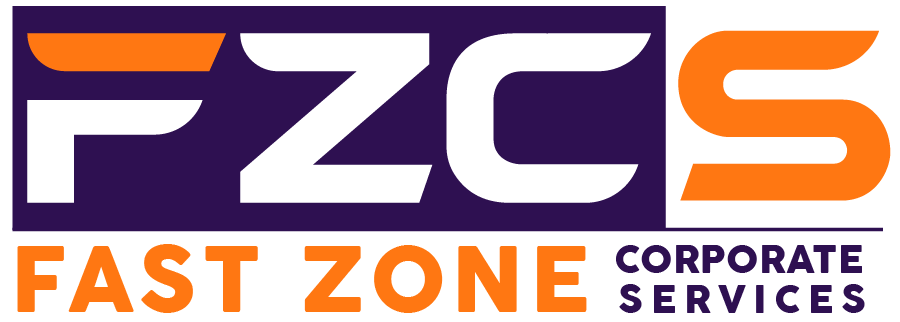About Working Holiday Visas
Working Holiday Visas (WHVs) are temporary visas that allow young people from participating countries to live, work, and holiday in a host country for a specified period. These visas are designed to promote cultural exchange and provide young individuals with the opportunity to experience life in a different country while supplementing their travel funds through short-term employment. Here are some key points about Working Holiday Visas:
- Eligibility: Eligibility criteria for WHVs vary depending on the agreement between the host country and the applicant’s home country. Generally, applicants must be within a certain age range (typically 18 to 30 or 35 years old), hold a valid passport from a participating country, and meet other specified criteria related to health, character, and financial capacity.
- Duration: The duration of a Working Holiday Visa varies depending on the agreement between the host country and the applicant’s home country. Typically, WHVs allow for stays of up to 12 months, although some countries may offer extensions or multiple-entry options.
- Work Rights: Working Holiday Visa holders are usually permitted to engage in short-term employment to supplement their funds while traveling. However, there are often restrictions on the type of work that can be undertaken, the duration of employment with a single employer, and the total hours worked per week.
- Holiday and Travel: While the primary purpose of a Working Holiday Visa is to work and travel, visa holders are also free to explore the host country as tourists during their stay. Many WHV holders use their visa to travel extensively and experience different cultures, landscapes, and lifestyles.
- Application Process: The application process for a Working Holiday Visa varies depending on the host country and the applicant’s nationality. Generally, applicants need to submit an online application form, provide supporting documentation (such as a valid passport, proof of financial capacity, and sometimes health insurance), and pay the required visa application fee.
- Participating Countries: Many countries around the world participate in Working Holiday Visa programs, offering reciprocal arrangements with other countries to facilitate cultural exchange and travel opportunities. Some popular destinations for Working Holiday Visa holders include Australia, New Zealand, Canada, Japan, South Korea, and various European countries.
- Renewal and Extensions: Depending on the specific visa regulations of the host country, Working Holiday Visas may be renewable or extendable in certain circumstances. This allows visa holders to potentially stay longer or return for subsequent visits, subject to meeting eligibility criteria and visa conditions.
- Compliance: Working Holiday Visa holders are typically required to comply with the visa conditions and regulations set forth by the host country’s immigration authorities. This includes adhering to work restrictions, maintaining valid travel documents, and abiding by the laws and customs of the host country.

Additional Documents
In addition to the general requirements mentioned above, applicants for Working Holiday Visas (WHVs) may need to provide additional documents to support their application. The specific documents required can vary depending on the host country and the applicant’s nationality. Here are some additional documents that may be required:
- Proof of Citizenship: A valid passport from the applicant’s home country, proving their citizenship. Some countries may also require additional identity documents.
- Passport-Sized Photographs: Recent passport-sized photographs meeting the specifications outlined by the host country’s immigration authorities.
- Proof of Sufficient Funds: Evidence demonstrating the applicant’s financial capacity to support themselves during their stay in the host country. This may include bank statements, proof of savings, or a letter from a sponsor.
- Travel Itinerary: A detailed travel itinerary outlining the applicant’s plans for their stay in the host country, including accommodation arrangements, planned activities, and intended destinations.
- Health Insurance: Proof of travel or health insurance coverage for the duration of the stay in the host country, providing coverage for medical emergencies, accidents, and repatriation.
- Medical Examination Report: In some cases, applicants may be required to undergo a medical examination by a designated healthcare provider to ensure they are in good health and free from contagious diseases.
- Police Clearance Certificate: A police clearance certificate or criminal record check from the applicant’s home country or any other countries where they have resided, demonstrating good character and no criminal history.
- Letter of Introduction or Intent: A letter explaining the applicant’s reasons for applying for a Working Holiday Visa, their intentions during their stay in the host country, and how the experience aligns with their personal and professional goals.
- Proof of Language Proficiency: Some countries may require applicants to demonstrate proficiency in the host country’s language or provide evidence of language study plans.
- Additional Documentation for Specific Occupations: If the applicant plans to work in certain occupations or industries (such as healthcare, childcare, or hospitality), they may need to provide additional documentation, certifications, or qualifications as required by the host country’s regulations.
